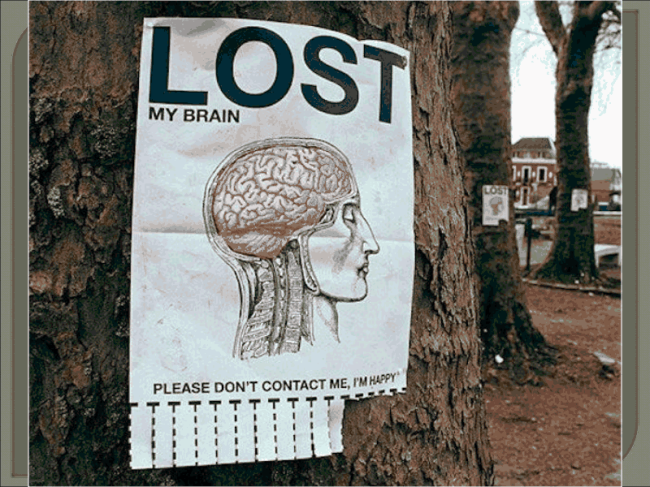Against ‘takeaways’
Updated on 05 April 2024
I just discovered TAKEAWAYS. It is the intellectual version of a Subway sandwich – everything is crammed in a short list of bullet points at the beginning of an article. We used to call it Executive Summary and had the ambition of yielding the rough outline of an analysis for higher authority.
Here is an example taken from the front of a long article: Build For the Future. Ten steps Western economies must take[1] written by Daniel STELTER for The Globalist. The article is 14 pages long and has 3 sets of TAKEAWAYS. Here is the first – the other two are similar in structure:
- · A major problem is the increasing discrepancy of education within the countries of the developed world.
- · When Chinese students were included for the first time in the OECD’s tri-annual PISA tests, they ranked first.
- · In the US, the “achievement gap” between Blacks and Hispanics versus Asians and Whites — has widened.
- · In Europe, the descendants of immigrants from the Arab world, Turkey and Africa tend to perform less well.
- · Education systems with a direct link between school and learning on the job should be implemented.
- · Investing in the education, training and compensation of highly qualified teachers has demonstrated impact.
- · Capital investment is a key determinant for future productivity and income generation.
- · Any global traveler has seen how much progress the developing world has made in public and private infrastructure.
- · In 2011, the average corporate asset age increased to 10.3 years from 7.4 years a decade before.
- · Tax policies should provide tax credits for domestic investment or raise taxes on dividends.
- · The working age population will shrink in Western Europe by 13% and in Japan by 30% from 2012-2050.
- · The US working-age population will grow from 2012-2050 more slowly than during the past 20 years.
- · Since 2009, about 4.1 million of 5.5 million jobs created have gone to workers older than 55.
- · In Switzerland, Sweden and Norway, between 77 and 82% of all women work.
The way to policy hell is plastered with TAKEAWAYS. While, in this instance, the disconnect between the article’s content and the bullet points is glaring, even admirable TAKEAWAYS hide the analysis: the reader no longer tests and verifies is. He takes the outcome on faith. The reader becomes a credulous consumer of policy analysis.
Policy analysis is akin to muscle building: “no pain, no gain.” Being driven around may be comfortable, may even be useful, but in the end disables critical thinking. Critical thinking is an art, which tests a theory in context – the gain is experience. Experience comes from paying close attention, and discovering opportunities hidden away in the many folds of reality. “The owl of Minerva flies at dusk” – seeing in twilight is an acquired skill. Without experience, policy is patent medicine, or blinkers. Another way of putting it – we are destroying our ability to make critical mind maps of the issues. A few scattered dots replace the full picture.
TAKEAWAYS are blunt and unqualified statements – they coarsen the conversation and flatten the arguments. One ends up simply pelting the opponent with factoids, hoping to crush him. What’s more, such statements also tend to awaken emotional reactions. Affects, however, provide poor policy guidance – we forget to search for what is hidden.
No TAKEAWAYS from this blog.
[2] Factoid: a piece of unreliable information believed to be true because of the way it is presented or repeated in print. This does not mean that they are wrong – just unsubstantiated. One must take them on trust.


Leave a Reply
Want to join the discussion?Feel free to contribute!